ABOUT US
WHO WE ARE
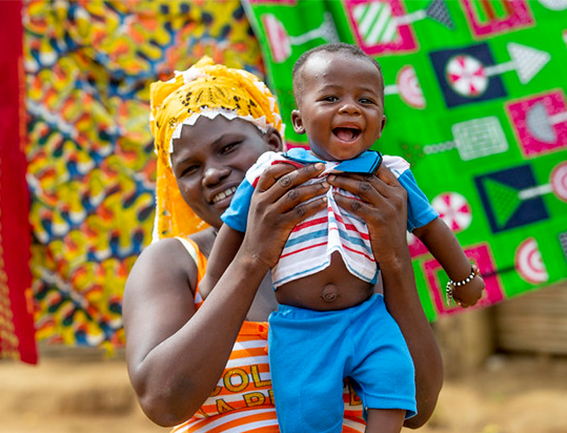
OUR VISION
A world without malaria
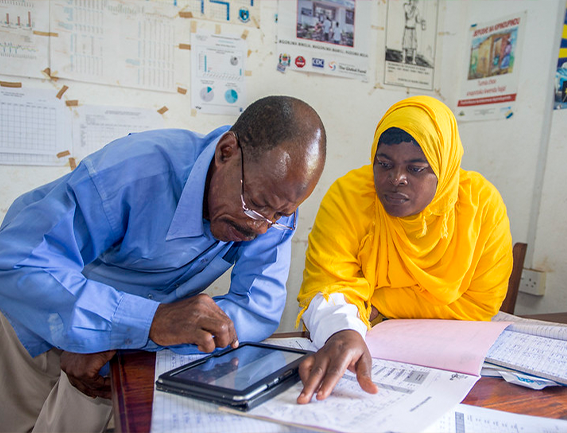
GOAL
Work with PMI-supported countries and partners to further reduce malaria deaths and substantially decrease malaria morbidity toward the long-term goal of elimination.
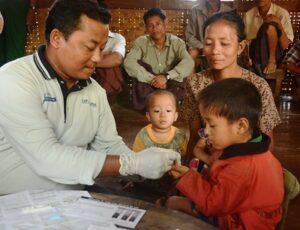
OBJECTIVES
Reduce mortality in high-burden countries
Reduce morbidity in high and moderate burden countries
Reduce transmission to achieve elimination in low-burden countries
APPROACH
PMI funds proven, cost-effective interventions. PMI prioritizes partner country leadership and works in close collaboration with National Malaria Control Programs across all of its programs. Investments are strategically aligned with country malaria control plans, and are designed to strengthen local capacity and health systems.
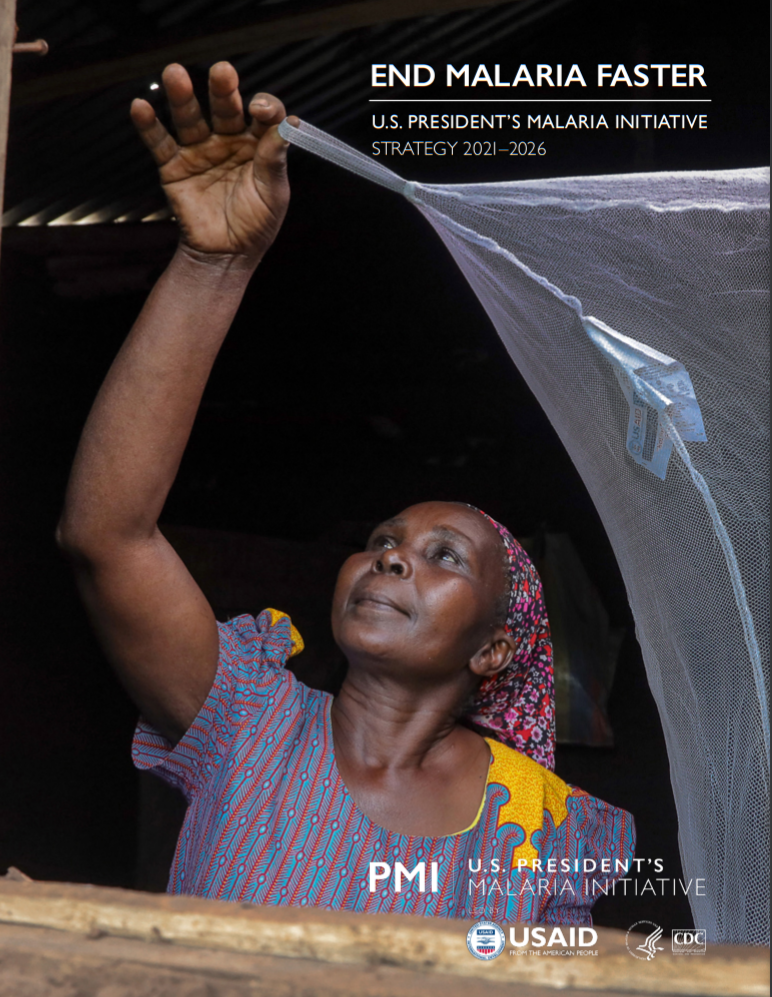
PMI 2021 – 2026 STRATEGY
PMI’s latest strategic plan describes progress in PMI partner countries, the changing epidemiology of malaria, and new challenges and opportunities that have arisen in recent years. The plan also lays out PMI’s vision, objectives, and core areas of strategic focus for the next five-year period.
HISTORY
2005 – President George W. Bush launches PMI to reduce malaria deaths by 50% in 15 high-burden countries in sub-Saharan Africa by expanding proven and highly effective malaria prevention and treatment measures.
2008 – The passage of the Tom Lantos and Henry J. Hyde Global Leadership against HIV/AIDS, Tuberculosis, and Malaria Act allowed for more country partnerships with increasing resources, codified the U.S. Global Malaria Coordinator as a Presidential appointee, and required the submission of a five-year strategy and annual reports to Congress.
2011 – PMI added four new countries in Africa and one regional program in the Greater Mekong Subregion of Southeast Asia to combat antimalarial drug resistance.
2012 – The White House launches the PMI Strategy 2015-2020 with a goal to work with PMI-supported countries and patterns to further reduce malaria deaths and substantially decrease malaria morbidity, toward the long-term goal of elimination.
2017 – PMI announced five new partnerships, which grew PMI’s reach to 24 countries in Africa and three programs in the Greater Mekong.
2021 – PMI launched its next strategy for 2021 – 2026, titled “End Malaria Faster”. PMI’s strategy aims to greatly reduce malaria deaths and cases in countries that account for almost 90 percent of the world’s malaria burden — contributing to the global goals of saving more than 4 million lives and averting over 1 billion cases by 2025.
2023 – U.S. Global Malaria Coordinator Dr. David Walton announced that PMI intends to form partnerships with three new countries – Burundi, The Gambia, and Togo. The expansion increases the total number of PMI partner countries to 30.
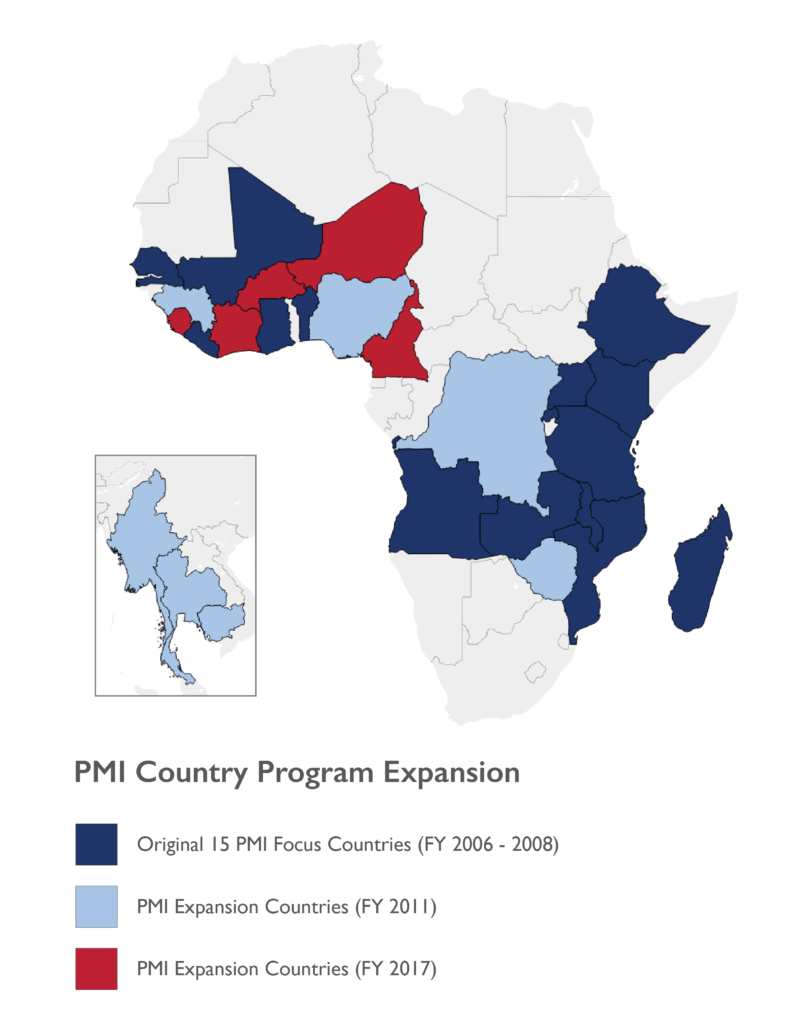
FUNDING
The United States is the largest donor to the global malaria fight. U.S. Congress appropriated $770 million to USAID for malaria in fiscal year 2020, which funds PMI. In addition, the U.S. is the largest donor to the Global Fund to Fight AIDS, Tuberculosis and Malaria.
PMI country program budgets are outlined in Malaria Operational Plans (MOPs).
LEADERSHIP
PMI is overseen by a U.S. Global Malaria Coordinator and advised by an Interagency Advisory Group made up of high-level representatives from USAID, CDC, National Institutes of Health, Peace Corps, State Department, Department of Defense, National Security Council, and other U.S. Government agencies.
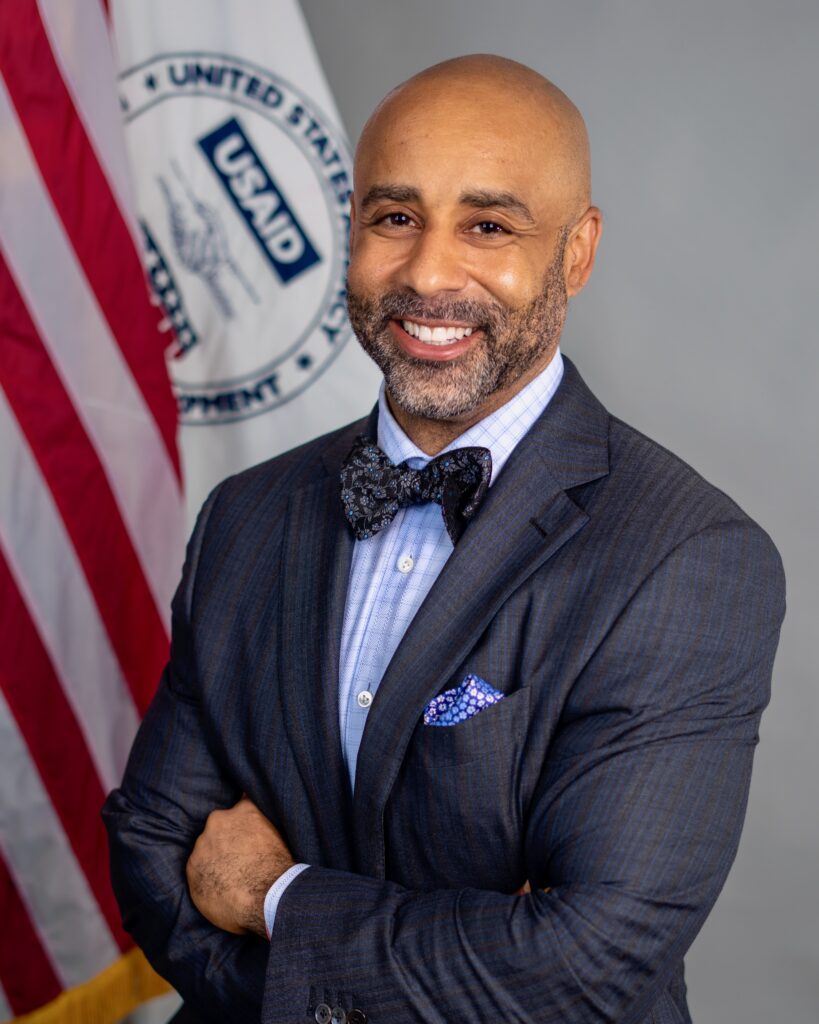
David Walton
U.S. Global Malaria Coordinator
Dr. David Walton was appointed by President Biden to lead the U.S. President’s Malaria Initiative in August 2022.
Dr. Walton brings a wealth of experience in global health, including working on the ground in Haiti to fight cholera and on the front lines of the Ebola outbreak in Sierra Leone. Dr. Walton has a proven track record of building local partnerships to expand access to care, and providing primary health services to the hardest to reach populations.
Prior to joining PMI, Dr. Walton served as the Senior Director of Global Health at the Butterfly Network, Inc., co-founder of Build Health International, and 15 years with Partners In Health. Dr. Walton was previously an Associate Physician in the Division of Global Health Equity at Brigham and Women’s Hospital and Instructor in Medicine at Harvard Medical School. He holds an MD from Harvard Medical School, an MPH from the Harvard School of Public Health, and trained in Internal Medicine at Brigham and Women’s Hospital as the first Doris and Howard Hiatt Global Health Equity resident.
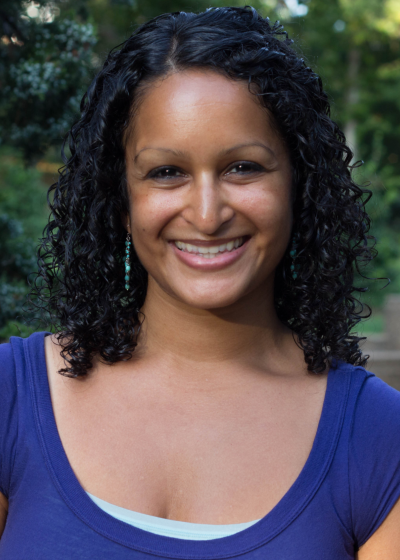
Meera Venkatesan
USAID Agency Lead for PMI
Dr. Meera Venkatesan has been a member of the U.S. President’s Malaria Initiative team within USAID’s Bureau for Global Health since 2013. Dr. Venkatesan is a microbiologist with a focus on malaria diagnosis and treatment.
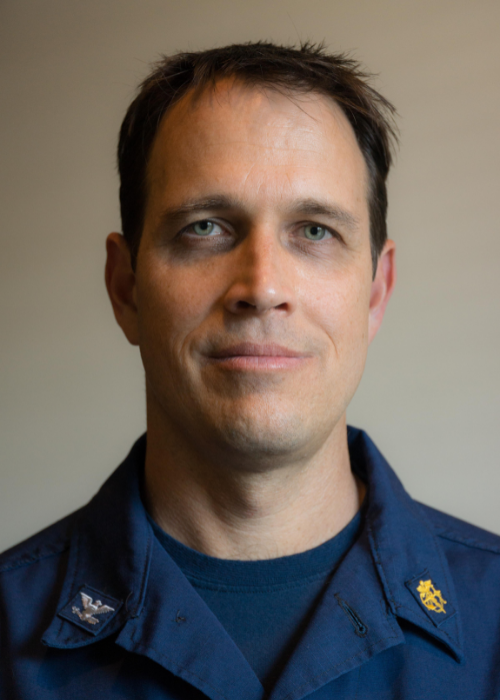
BK Kapella
CDC Agency Lead for PMI
CAPT BK (Bryan K.) Kapella has been the Centers for Disease Control and Prevention-U.S. President’s Malaria Initiative Lead since October 2019. CAPT BK is a medical epidemiologist whose CDC and U.S. Public Health Service career started in 2005.
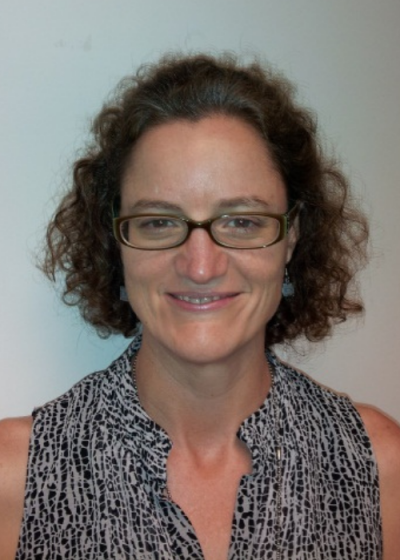
Julie Wallace
PMI Senior Advisor
Ms. Wallace has been a member of PMI’s senior leadership team since April 2011 and led the PMI team within USAID’s Bureau for Global Health from April 2011 to October 2022. Julie has more than 25 years of international development and public health experience.
Team
Our dedicated staff in the United States and 27 partner countries includes epidemiologists, entomologists, health workers, data scientists, development specialists, returned Peace Corps Volunteers, and members of the U.S. Public Health Service.
Join Our Team
PMI attracts individuals that are dedicated to ending malaria. Our team includes U.S. Government direct-hires, contract employees and Foreign Service Nationals based in the United States and at USAID Missions in PMI partner countries in Africa and Southeast Asia.
PMI is committed to an inclusive workplace that promotes and values diversity.
We’d like to hear from you! Please submit general questions and messages to pmicommunications@usaid.gov. Media inquiries should be directed to
press@usaid.gov.

